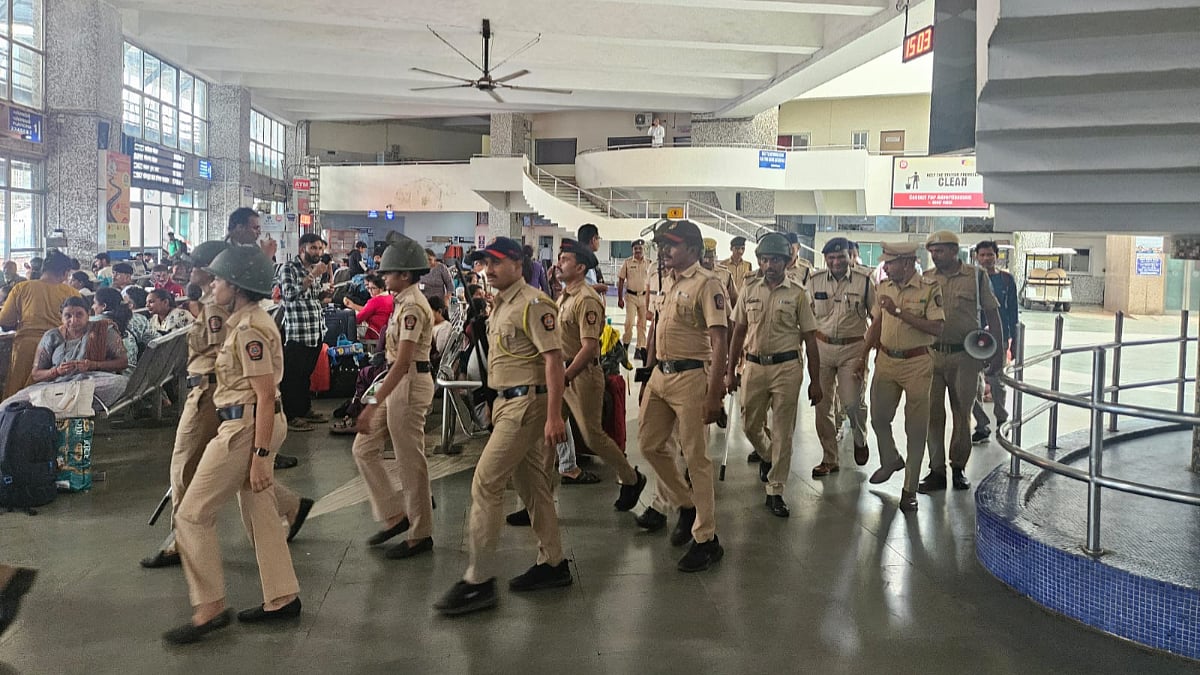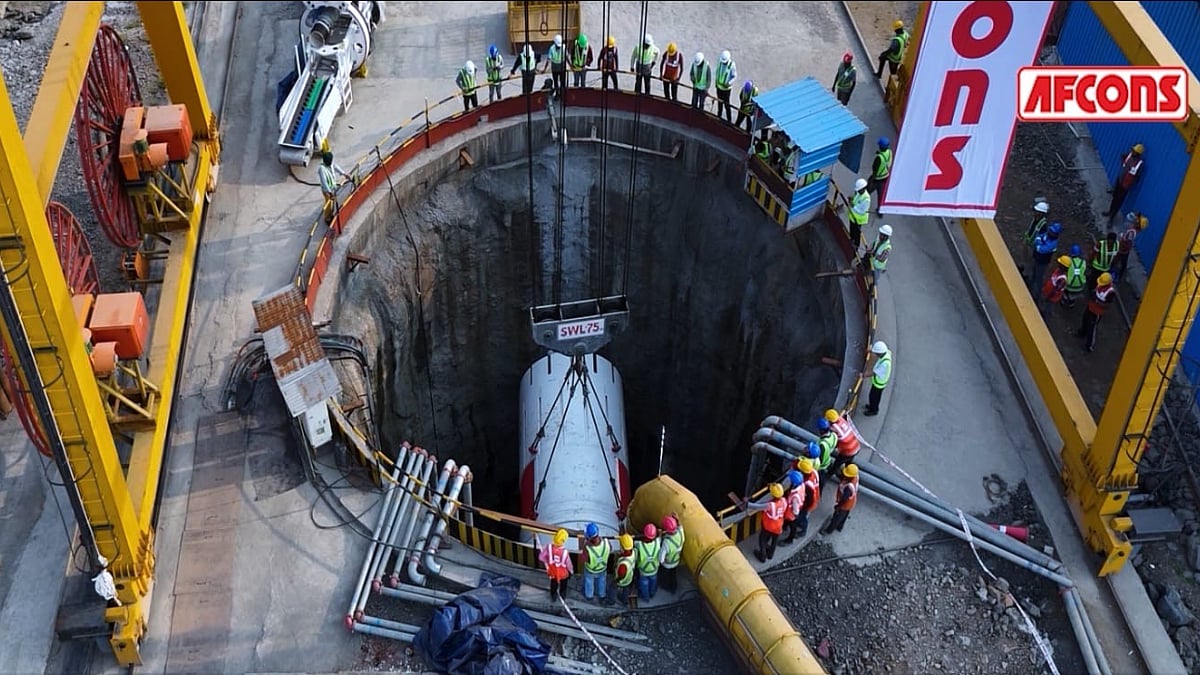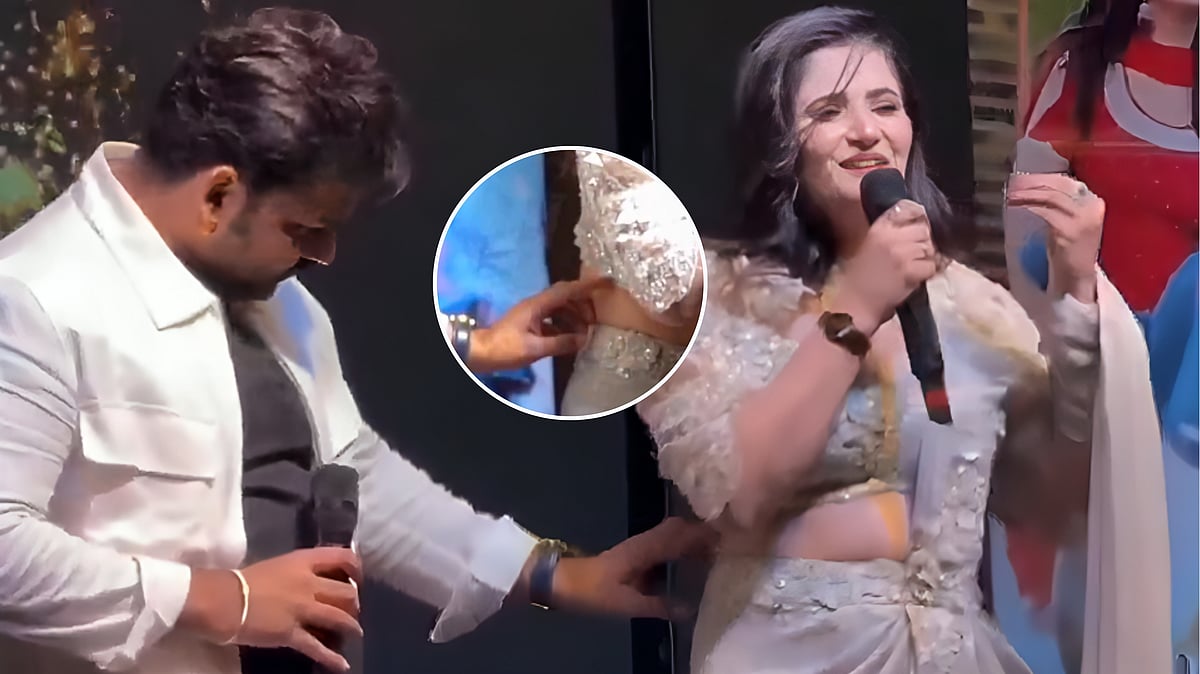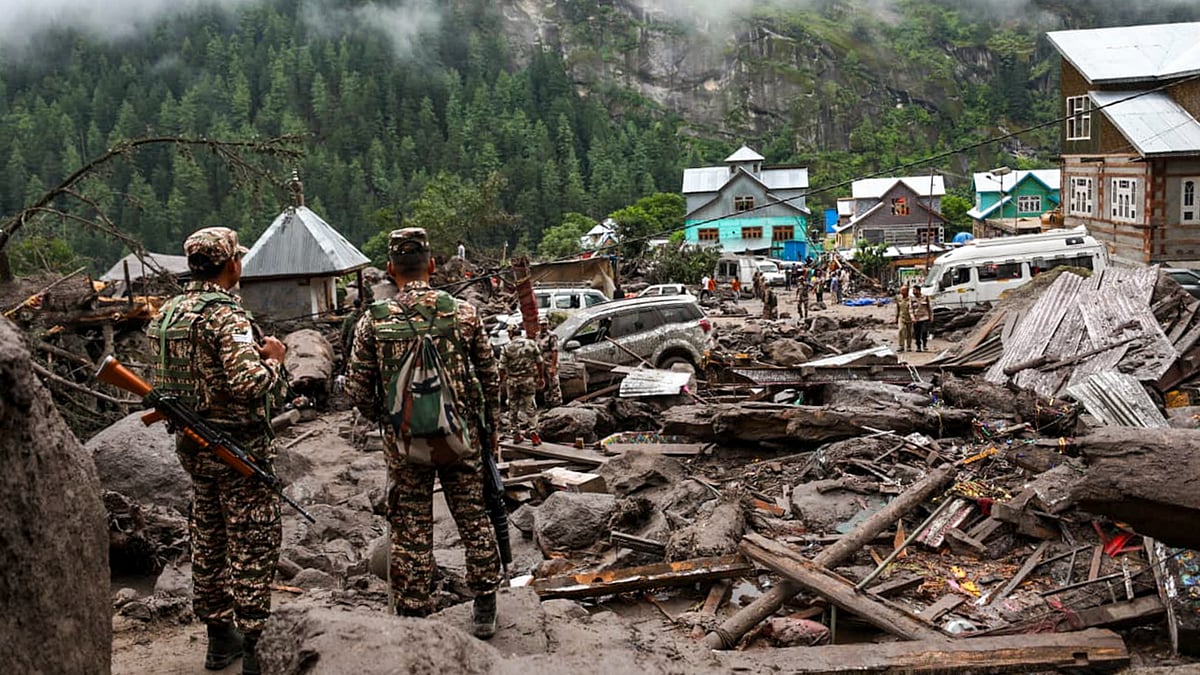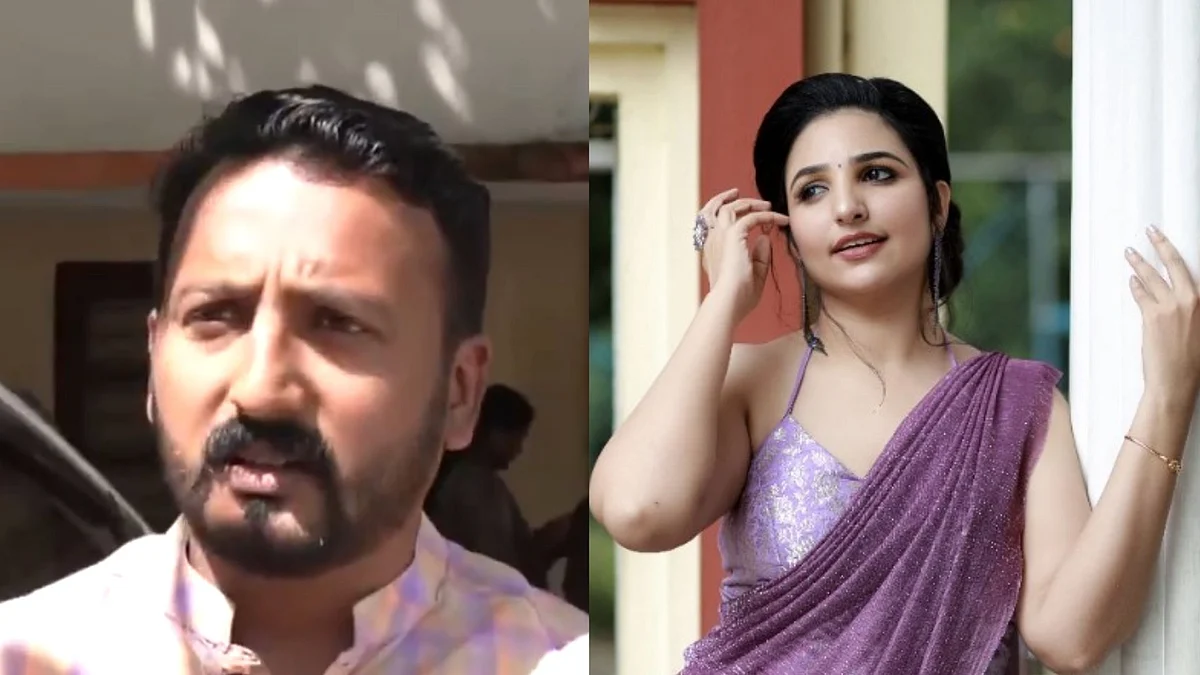In an important pronouncement on Right to Equality, the Hon’ble Supreme Court in State of Haryana + Others v/s Ramkumar Mann (1997) 3 SCC 321 cautioned thus;
“Article 14 would apply only when invidious discrimination is meted out to equals and similarly circumstanced without any rational basis or relationship in that behalf. The High Court was wholly wrong in reaching the conclusion that there was invidious discrimination. If we cannot allow a wrong to perpetrate, an employee, after committing mis-appropriation of money, is dismissed from service and subsequently that order is withdrawn and he is reinstated into the service. Can a similarly circumstanced person claim equality under Article 14 for reinstatement? The answer is obviously 'No'. In a converse case, in the first instance, one may be wrong but the wrong order cannot be the foundation for claiming equality for enforcement of the same order. As stated earlier, his right must be founded upon enforceable right to entitle him to the equal treatment for enforcement thereof. A wrong decision by the Government does not give a right to enforce the wrong order and claim parity of equality. Two wrongs can never make a right.”
If Right to Equality is the sub-heading preceding it, then Article 14 with its marginal note explains equality. The State shall not deny to any person equality before the law or the equal protection of laws within the territory of India. Decades back the Supreme Court observed that equals have to be treated equally and unequals ought not be treated equally. Article 14 does not forbid classification for the purpose of implementing the right to equality guaranteed by the Constitution. All actions of the State have to be non-arbitrary, reasonable and non-discriminatory. A nine-judge Bench decision of the Supreme Court in “Indira Sawhney” (Two) has further clarified the legal position. It says that this right is recognised as one of the basic features of the Constitution. However, it is positive and not otherwise.
Denial must be proved because the presumption is that the State acts reasonably and bonafide. Illegality cannot be presumed.
Thus, if an owner of the land desires to bring down a structure thereon and replace it with a new one his title to the land alone will not enable him to carry out this activity. In compliance with the planning and municipal or local legislations only the aforesaid will be permitted. If the planning and municipal law is flouted, then, merely because such an act committed by neighbours or another resident of the city is overlooked and is untouched, no Owner or person interested can rely on Article 14 to avoid the legal consequences including punishment if his act is an offence. None can approach a Court to claim a relief that all illegal structures or atleast the immediate or neighbouring one’s should be pulled down first and thereafter the local authorities should proceed against him/her. However, dockets and files of Courts are full of cases and proceedings claiming reliefs of the above nature.
I am astonished that informed citizenry is complaining about use and employment of Modern Machines and Technology to remove a patently illegal and unauthorized structure even when the State asserts that it followed the law. That it is of a permanent nature will justify use of Machinery to bring it down. It is to prevent interference in a legal act of demolition that Police and Public officials remain present at the site. Surprisingly, the person interested in protecting his structure or building or alleged unlawful act is not complaining at all. Total strangers claiming to be public spirited citizens are requesting for the Supreme Court’s suo moto intervention. Absent concrete and solid proof, no peaceful movement, sloganeering or demonstration will work. That which is ex facie illegal and Unauthorized cannot be regularised. That which is irregular may be regularised, only when a discretionary power, inter alia, to regularise is conferred by applicable statute or law. Similarly, a power to relax the rigours of or exempt from law has to be specifically conferred. If that is discretionary the wrongdoer cannot seek a command to exercise it in his favour.
If you do not qualify or clear an examination or you are unable to fulfil the eligibility criteria, you are not entitled to public employment or a certificate of passing the qualifying examination for obtaining a degree/diploma from the academic bodies. If the law enables them to frame rules and regulations, prescribing qualifications and eligibility criteria, then every student or applicant or aspirant, in the absence of a successful challenge, must comply with them. His case must come within the four corners of the rules and regulations. In the circumstances, anybody failing in the examination cannot assert that despite strict legal regime persons similarly placed have been given additional chance to clear it or the criteria is relaxed in their case hence he is entitled to identical treatment. Indians ought to understand and appreciate that it is the Constitution by which we are bound. It is the Constitution which confers the fundamental rights. They are not unrestricted, uncontrolled, unregulated and unconditional. On the other hand they are subject to reasonable restrictions and the Constitution which confers the fundamental right equally sets out our fundamental duties. Every right has a corresponding duty. It is the duty of every citizen of India to abide by the Constitution and respect its ideals and institutions, give full faith and credit to public acts and records, to act only in terms of and subject to the Constitution.
Article 375 of the Constitution of India says that courts, authorities and officers functioning throughout the territory of India shall continue to exercise their respective functions subject to the provisions of the Constitution. Every public interest litigation should be scrutinized and verified carefully by the administrators within the justice delivery system and the judges as well. There cannot be a public interest litigation when only aggrieved parties can claim equality before law or equal protection of law. If an aggrieved is poor, illiterate and totally unaware of his Constitutional and legal rights, cannot afford the services of lawyers, then, on seeking leave of the court someone else may represent him.
In one reported instance, neither the wife nor the husband seek legal redress. By relying on gender, caste, creed, religion and economic or social status, no illegality can be protected.
The highest court’s elucidation of right to equality must open our eyes. If the rule of law prevails and ought to, then none can rely upon disrespect or disregard to it to claim equality. It is only to prevent miscarriage of and to promote justice that the courts are empowered to render conclusive and binding judgements. The judges at every level are committed to upholding the Constitution and the laws, and not otherwise.
Justice Satyaranjan C Dharmadhikari (Retd) is the former permanent judge of the Bombay High Court


